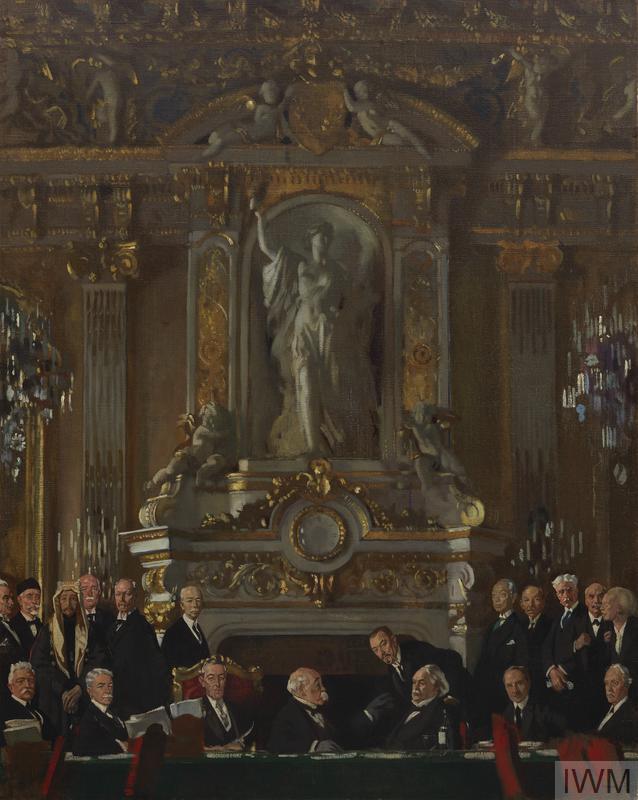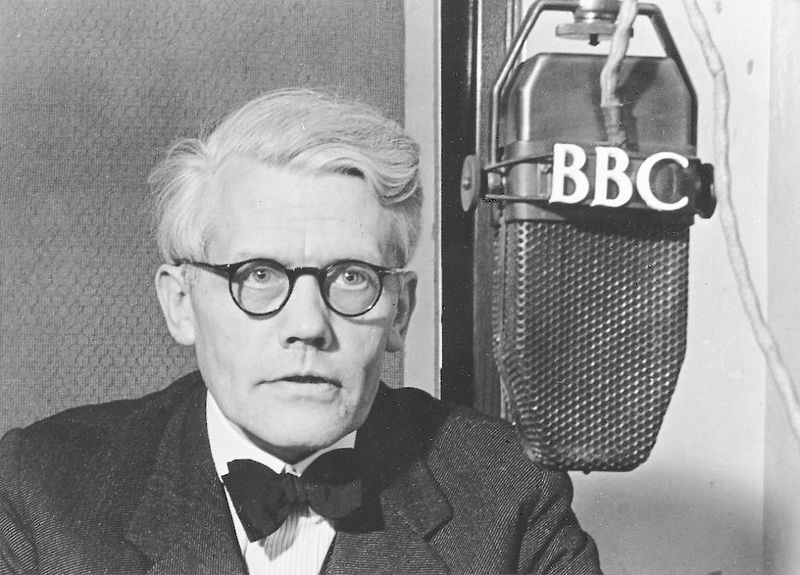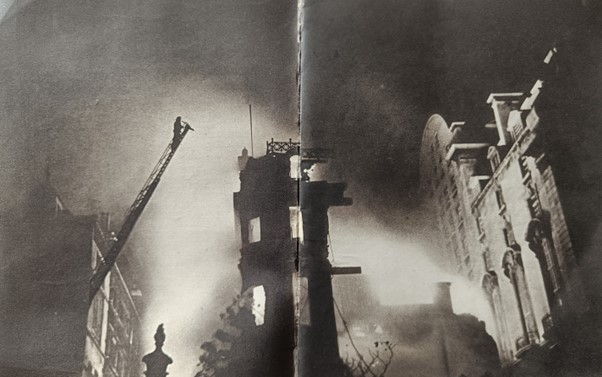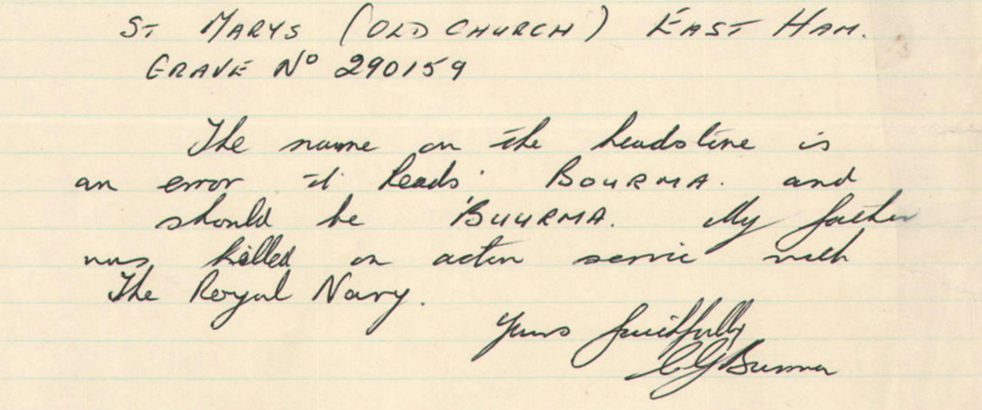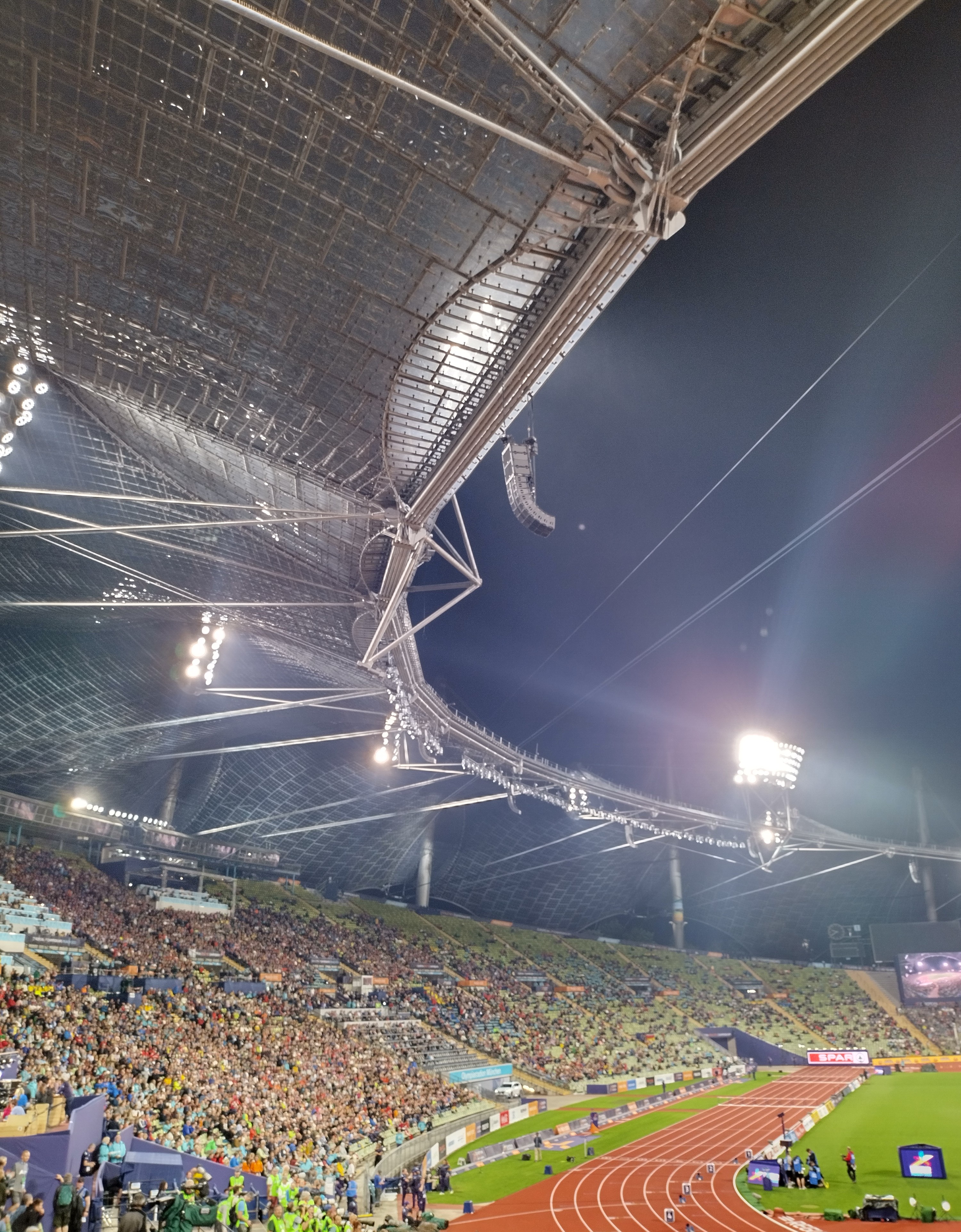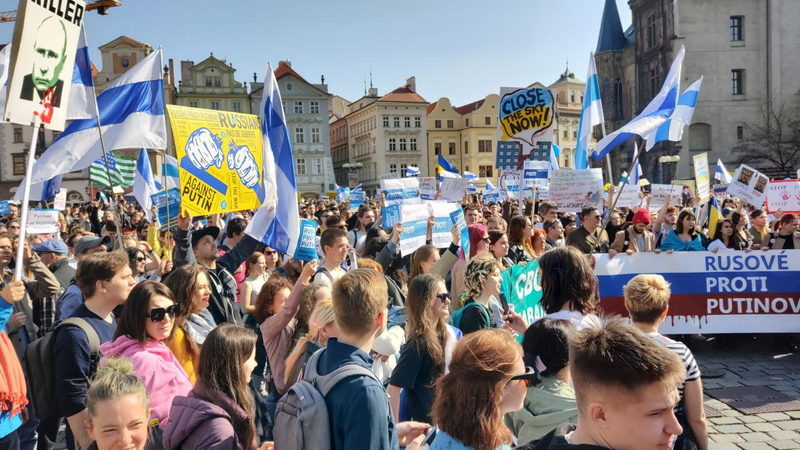Written by Lauren Jannette
A long and lonely road. When I began my PhD journey back in 2015, fellow graduate students described the process of writing a PhD thesis as just that: a long and lonely road in the wilderness of archives, libraries, and at home in front of the computer. Lacking a reason to come to campus, the process was devoid of human contact except for your roommates, if you had any, and the occasional meeting with your advisor. As first year PhD students, the slightly ominous warning prompted myself and members of my cohort to plan regularly scheduled meetings to discuss our research and comment on each other’s drafts when we reached the writing phase of our PhD theses. Plans made, we spent the next three years venting about papers and presentations for our remaining coursework. We shared the triumphs and frustrations of teaching introductory history seminars to first-year students who were only taking the class because it was required to graduate. We survived the intensity of comprehensive exams. Then after forging close bonds of friendship and comradery, we parted ways to our archives across the globe with the promise of future commiserating about thesis writing over a pint or two upon our return.
Leave a Comment
